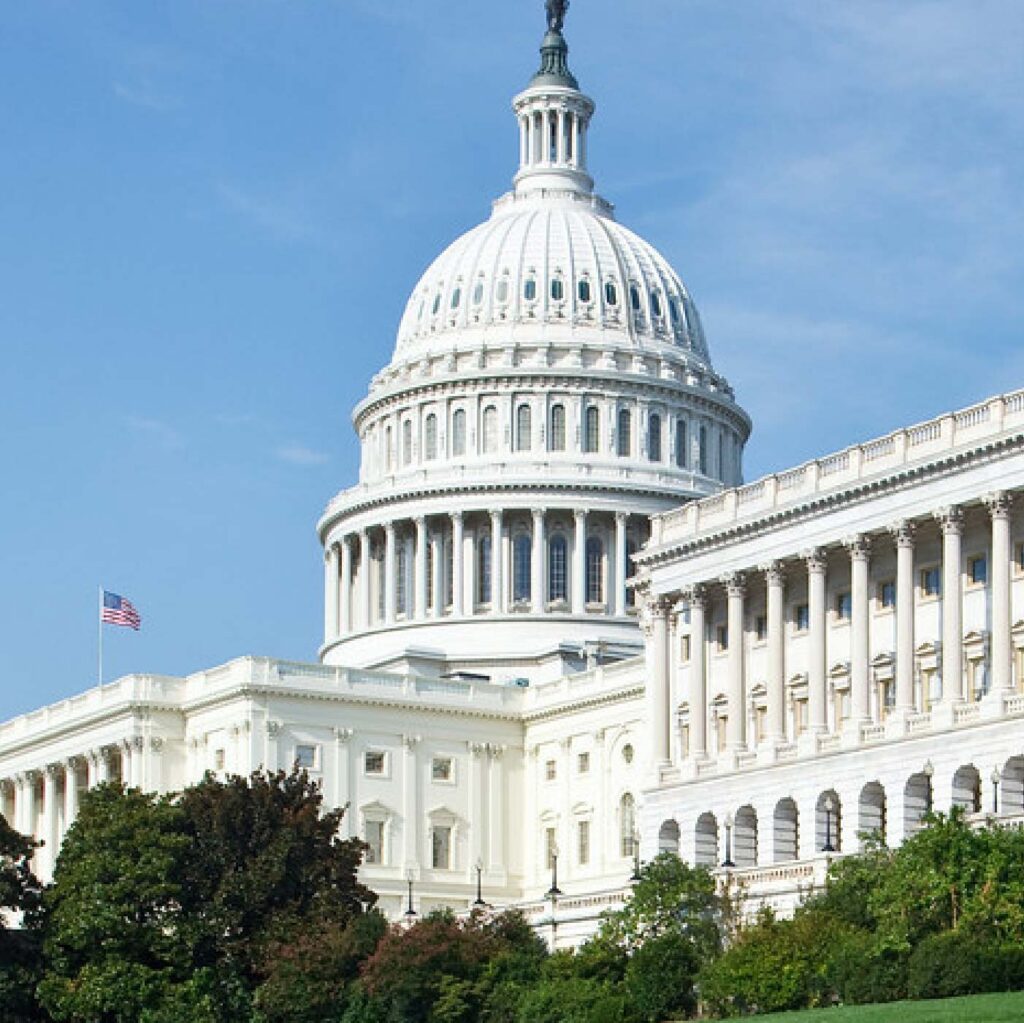Overview of 2024 State Legislation Impacting Child Care

A new brief by the Prenatal-to-3 Policy Impact Center reflects on actions taken in 2024 state legislative sessions to support children and families.
The Prenatal-to-3 Policy Impact Center tracks, researches, and analyzes hundreds of bills each year that impact young children and families. The brief provides an overview of trends in introduced and enacted legislation, categorizing legislation into four key categories: child care, state tax credits, paid family and medical leave, and community-based doulas.
High-quality child care promotes early learning, enables families to work, improves the overall well-being of families, and boosts the economy. The brief found that support for child care is a strong bipartisan issue in many statehouses. The Prenatal-to-3 Policy Impact Center identified the following trends across child care legislation in 2024: expanding child care subsidy eligibility for child care workers and certain families, establishing dedicated child care funding streams, and creating cost-sharing programs.
The rising costs of child care have forced many families to leave their jobs, limit work hours, or stop pursuing higher education and training to care for their children. Several states took strides toward expanding access to child care subsidies, especially to child care workers and families eligible for other benefit programs. Of the 18 states that proposed legislation related to categorical eligibility, seven successfully enacted it. An example is Indiana’s S.B. 2, which extends eligibility for child care subsidies to child care employees. With child care programs struggling to retain quality staff, adding the benefit of free or reduced child care is one way to support the workforce and increase the appeal of working in this field.
Federal funding is the backbone to child care programs, yet it is not enough to serve all families in need of support. State investment is needed to ensure more children’s needs are met, and several states are working to expand funding streams for child care programs. Increased funding can broaden access, improve affordability, and increase the quality of care. Prenatal-to-3 found that at least five states introduced legislation to develop new funding streams for child care, but none have been enacted yet.
Employer-sponsored child care can improve employee retention and reduce absences. Recognizing the economic benefits of child care, at least 12 states have introduced bills to establish child care cost-sharing programs to promote employer involvement in child care. Connecticut and Kentucky have successfully enacted legislation that improves child care affordability by sharing costs among employers, employees, and the state.
Prenatal-to-3’s new brief also delves into the eligibility expansions of state child tax credits (CTCs), new statewide programs for paid family and medical leave (PFML), and state requirements for the coverage of doulas through Medicaid. The full brief is available here.
Subscribe to FFYF First Look
Every morning, FFYF reports on the latest child care & early learning news from across the country. Subscribe and take 5 minutes to know what's happening in early childhood education.



